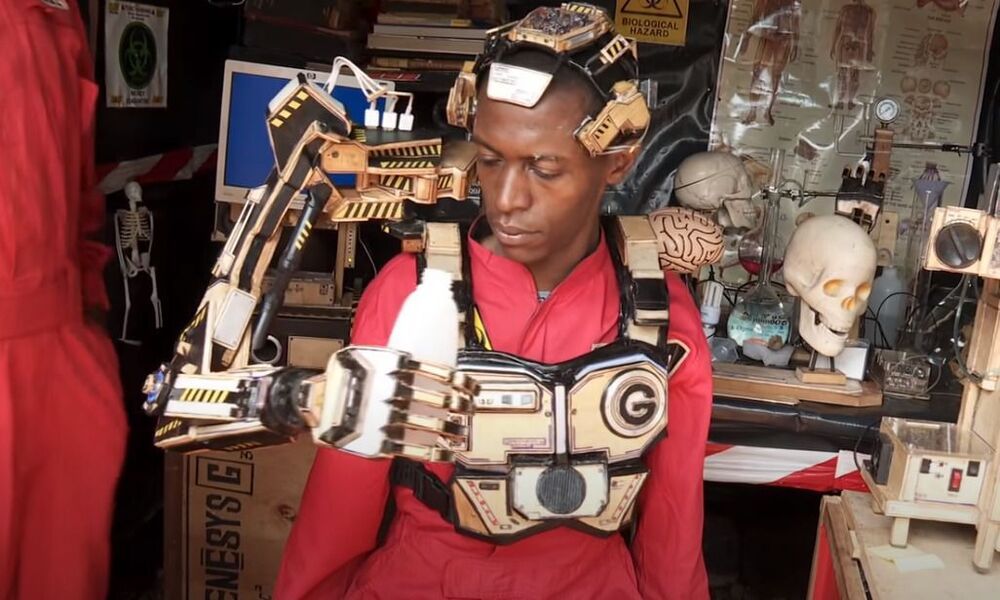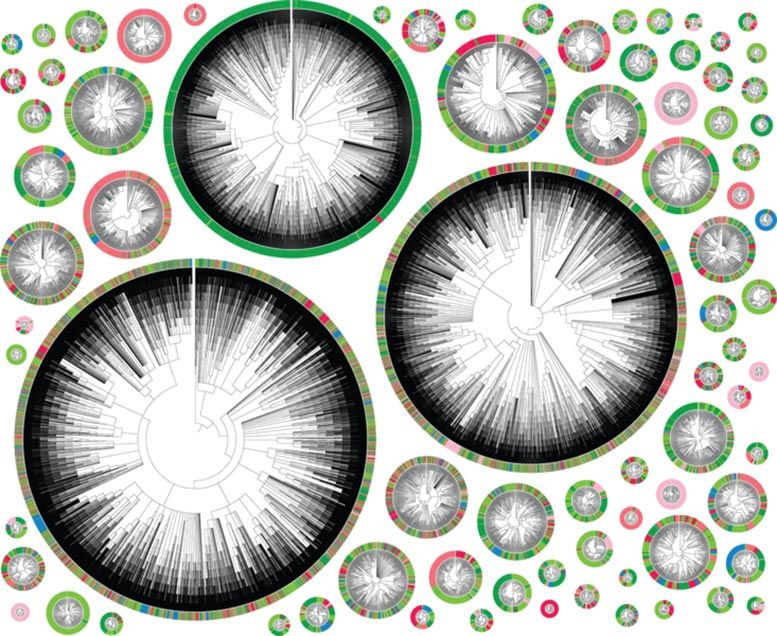Quantum computing offers the promise of solutions to previously unsolvable problems, but in order to deliver on this promise, it will be necessary to preserve and manipulate information that is contained in the most delicate of resources: highly entangled quantum states. One thing that makes this so challenging is that quantum devices must be ensconced in an extreme environment in order to preserve quantum information, but signals must be sent to each qubit in order to manipulate this information—requiring, in essence, an information superhighway into this extreme environment. Both of these problems must, moreover, be solved at a scale far beyond that of present-day quantum device technology.
Microsoft’s David Reilly, leading a team of Microsoft and University of Sydney researchers, has developed a novel approach to the latter problem. Rather than employing a rack of room-temperature electronics to generate voltage pulses to control qubits in a special-purpose refrigerator whose base temperature is 20 times colder than interstellar space, they invented a control chip, dubbed Gooseberry, that sits next to the quantum device and operates in the extreme conditions prevalent at the base of the fridge. They’ve also developed a general-purpose cryo-compute core that operates at the slightly warmer temperatures comparable to that of interstellar space, which can be achieved by immersion in liquid Helium. This core performs the classical computations needed to determine the instructions that are sent to Gooseberry which, in turn, feeds voltage pulses to the qubits. These novel classical computing technologies solve the I/O nightmares associated with controlling thousands of qubits.
Quantum computing could impact chemistry, cryptography, and many more fields in game-changing ways. The building blocks of quantum computers are not just zeroes and ones but superpositions of zeroes and ones. These foundational units of quantum computation are known as qubits (short for quantum bits). Combining qubits into complex devices and manipulating them can open the door to solutions that would take lifetimes for even the most powerful classical computers.








